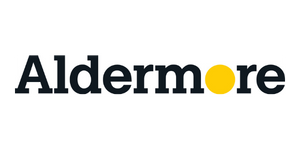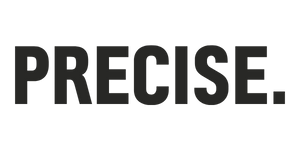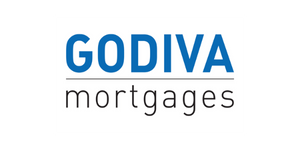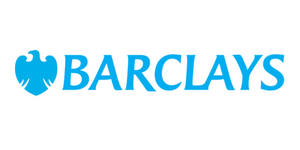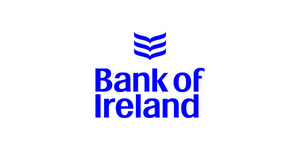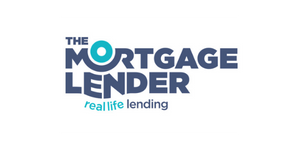How much could you borrow?
5-Step Mortgage Application Process for First-Time Buyers

Step 1: Calculate your borrowing power.
Use an affordability calculator to understand your potential budget.
Step 1![Step 2: Check your <span class="glossaryLink" aria-describedby="tt" data-cmtooltip="<div class=glossaryItemTitle>Credit Score</div><div class=glossaryItemBody> <!-- wp:paragraph -->Your credit score is a number predicting your financial reliability, based on your borrowing history. A low score can hinder your ability to secure a mortgage as lenders will see you as a risky borrower.<br/><!-- /wp:paragraph --> </div>" data-gt-translate-attributes='[{"attribute":"data-cmtooltip", "format":"html"}]' tabindex='0' role='link'>credit score</span>.](https://www.imcmortgagebrokers.co.uk/wp-content/uploads/2024/10/Step-02@2x.png)
Step 2: Check your credit score.
Get expert advice tailored to your circumstances and a strategic plan.
Step 2![Step 4: Obtain an <span class="glossaryLink" aria-describedby="tt" data-cmtooltip="<div class=glossaryItemTitle>Agreement in Principle (AIP)</div><div class=glossaryItemBody> <!-- wp:paragraph -->An Agreement in Principle (AIP), also known as a mortgage or decision in principle, is a lender's initial assessment of how much they might be willing to let you borrow for a mortgage. As part of the assessment, lenders will ask for your core details, like your name, address, income, outgoings etc. They will also carry out a credit check. It’s not a guaranteed offer; however, it gives you an idea of your potential borrowing power and strengthens your position when making offers on properties you want to buy. In short, it's an early indication of mortgage approval.<br/><!-- /wp:paragraph --> </div>" data-gt-translate-attributes='[{"attribute":"data-cmtooltip", "format":"html"}]' tabindex='0' role='link'>Agreement in Principle (AIP)</span>.](https://www.imcmortgagebrokers.co.uk/wp-content/uploads/2024/10/Step-03@2x.png)
Step 4: Obtain an Agreement in Principle (AIP).
Secure a preliminary lender assessment to confirm your borrowing potential.
Step 3
Step 5: Apply for your mortgage.
Submit your full application once you and your broker are confident you're ready.
Step 4
Step 5: Apply for your mortgage.
Submit your full application once you and your broker are confident you're ready.
Step 5These five steps are crucial, but there's more to your homeownership journey. Ready for the complete roadmap?
Your First-Time Buyer Advantage: The IMC Mortgage Brokers Difference
- Access to exclusive deals: Through our established relationships with a wide range of lenders, we can often access exclusive interest rates and terms that aren't available directly to the public. These intermediary-only deals can save you money over the life of your mortgage.
- Comprehensive market search: Forget countless hours researching lenders and comparing deals. We do the legwork for you, efficiently sifting through the vast mortgage market to find the most suitable lenders and rates based on your individual circumstances.
- Expert, jargon-free guidance: The mortgage process is complex. We provide clear, jargon-free advice tailored specifically to first-time buyers, explaining complex terms and options so you feel confident and informed.
- Strategic application support: We help present your application in the best possible light, increasing your chances of approval and securing competitive rates, even with unique circumstances or if you're exploring options like 95% mortgages.
- End-to-end & future support: From understanding your borrowing power to securing an Agreement in Principle and managing the full application, we're with you every step. We even assist in finding you a new deal when your initial mortgage rate finishes, offering long-term support.
While advice can come from many sources, understanding their limitations is key:
- Relatives and friends: Offer invaluable first-hand insights, but their mortgage sector knowledge may not be current or specific to your situation.
- The internet: Provides immense knowledge, but the sheer volume can make it hard to find accurate, relevant, and personalised information for your specific needs.
- Direct lenders: Offer expert guidance on their own products. However, they can only suggest what they can provide, limiting your options to a single provider's offerings.
- IMC Mortgage Brokers: We offer comprehensive guidance specifically tailored to your unique requirements, searching across a wide panel of lenders. Our specialists make every effort to locate the ideal mortgage for you, considering your individual circumstances, not just a single bank's offerings.
Your First Home Calculators
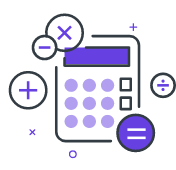
Mortgage Affordability Calculator
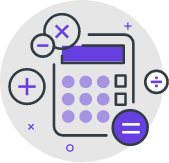
Mortgage Repayment Calculator

Stamp Duty Calculator
- - Who qualifies as a first-time buyer?
- - How much deposit do first-time buyers need?
- - How much can first-time buyers borrow?
- - How do lenders work out affordability for first-time buyers?
- - Finding the best first-time buyer mortgage rates?
- - Can first-time buyers get a Buy-to-Let mortgage?
- - What is a guarantor mortgage?
- - What are the mortgage costs for first-time buyers?
- - Can a first-time buyer get a mortgage with bad credit?



